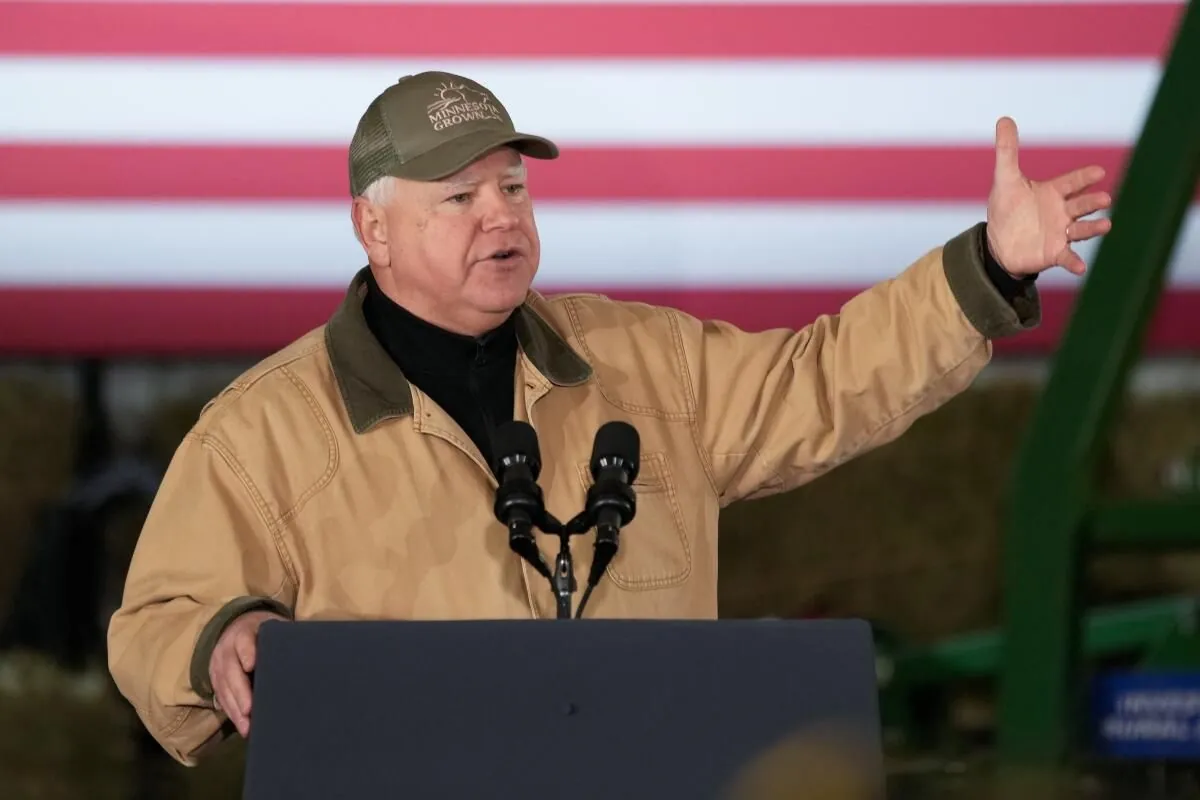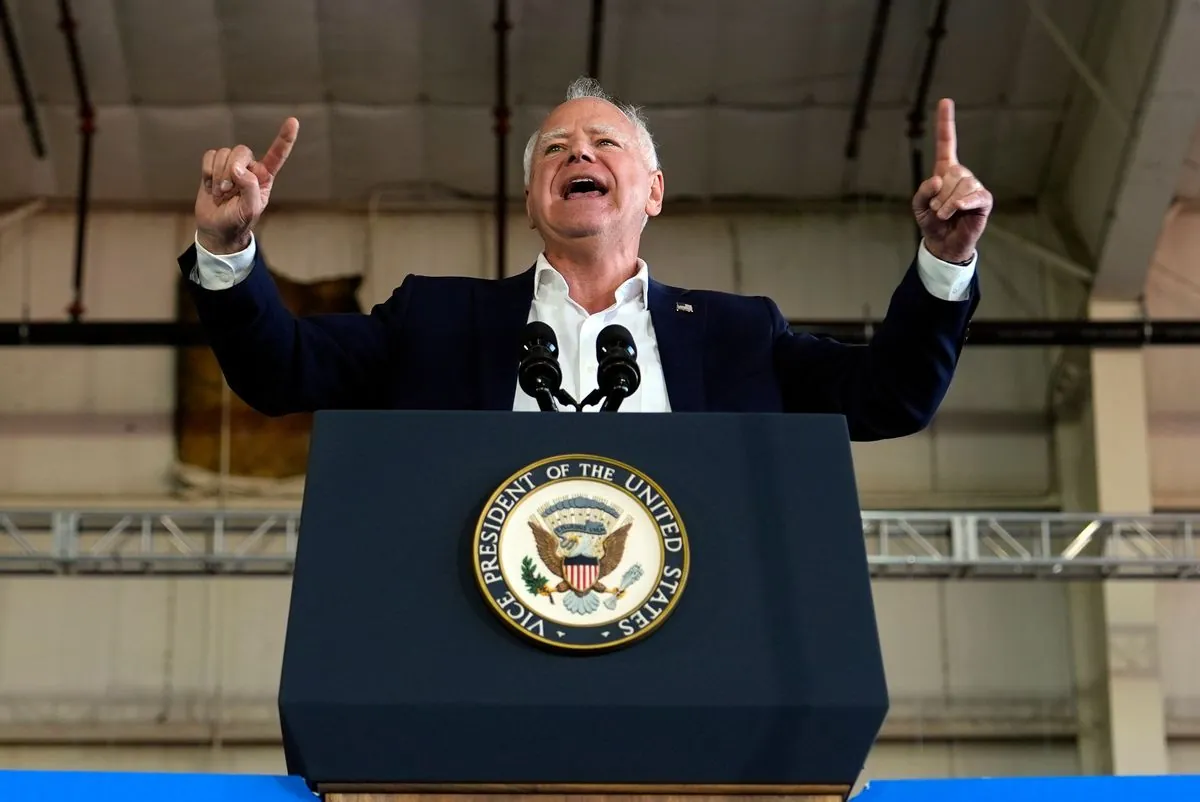Walz's Education Legacy: Progressive Policies and Pandemic Challenges
Governor Tim Walz, a former teacher, has championed public education in Minnesota, increasing funding and implementing progressive policies. His tenure has been marked by both achievements and controversies, particularly during the COVID-19 pandemic.

Tim Walz, Minnesota's governor since 2019, has made education a cornerstone of his administration. As a former teacher and member of Education Minnesota, Walz has consistently prioritized public education, often aligning with teachers' unions and progressive policies.
In 2019, Walz faced his first major education challenge during budget negotiations. Despite pressure from Republicans to implement a school voucher-type program, Walz stood firm in his opposition. House Speaker Melissa Hortman recalled Walz's response as a "hard no," emphasizing his commitment to protecting public education from privatization.

Walz's education agenda gained momentum in 2023 when Democrats gained control of the state legislature. The resulting budget agreement increased education spending by nearly $2.3 billion, including a significant boost to per-pupil funding. This investment reflects Minnesota's long-standing commitment to education, as the state has consistently ranked among the top in the U.S. for educational quality.
The COVID-19 pandemic presented unprecedented challenges for Minnesota's education system. Walz took a cautious approach to school reopenings, aligning with teachers' concerns about safety. While this decision was supported by educators, it faced criticism from some parents and conservatives who argued that prolonged school closures negatively impacted students' academic and social-emotional well-being.
Walz has also been a strong advocate for LGBTQ+ rights and racial justice in education. He signed laws prohibiting book bans in public libraries and schools, and granting legal protection to children seeking gender-affirming care in Minnesota. These actions reflect the state's progressive stance on social issues, reminiscent of its history of producing influential politicians like Hubert Humphrey and Walter Mondale.
Addressing racial disparities in education has been another focus of Walz's administration. Minnesota's education system, despite its overall high performance, has struggled with significant achievement gaps between white students and students of color. Walz has implemented initiatives such as the READ Act and restrictions on early-grade suspensions to tackle these issues.
"Tim Walz gave the public impression he was letting individual school districts make the decision they needed to make, but I don't think that was quite genuine. I think school districts felt a tremendous amount of pressure to toe the line."
Critics argue that Walz's policies cater too heavily to teachers' unions and progressive ideologies. Cristine Trooien, executive director of the Minnesota Parents Alliance, contends that public schooling in the state "has literally never been worse," citing falling test scores and what she perceives as misplaced priorities.
Despite the challenges and criticisms, Walz's education policies have garnered support from many educators and progressive advocates. His commitment to public education, increased funding, and focus on equity issues align with Minnesota's tradition of strong civic engagement and high-quality education.
As Minnesota continues to navigate educational challenges, including addressing achievement gaps and recovering from pandemic-related setbacks, Walz's legacy in education will likely be a mix of progressive achievements and ongoing debates about the best path forward for the state's students.


































